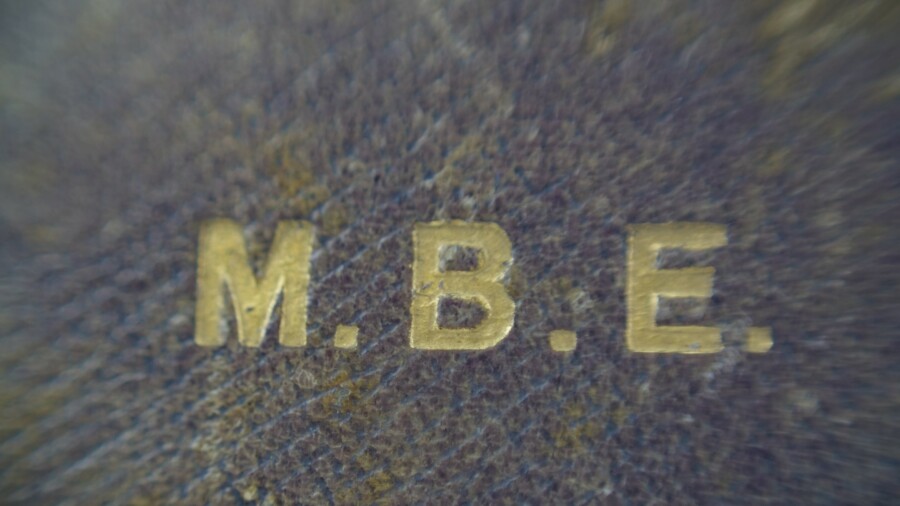No breach of duty for householder where teenage boy suffered a severe spinal injury in paddling pool accident
In the case of Cockbill-v-Riley (2013) a teenage Claimant failed to establish a breach of duty of care owed by the householder when he suffered a severe spinal injury in an accident when he dived into a paddling pool at a party.
The Claimant who was 16 at the time was invited to a barbeque party by the daughter of the householder. A paddling pool had been brought to the party by one of the guests and the householder positioned it carefully away from dangers and filled it with water. The teenagers had a small amount of alcohol available to them. Several of the teenage boys were jumping into the paddling pool, but always singularly and taking turns. The Claimant entered the pool intending to belly flop but misjudged the angle and struck the bottom of the pool with his head. The incident led to a serious hyperflexion injury resulting in a fracture of the spine and incomplete tetraplegia.
The issues for the Court to decide were as follows:
1. What alcohol had been available;
2. What had been going on before the accident;
3. Whether there had been a gap between the earlier activities and the accident;
4. Whether the Claimant had slipped on wet grass.
1. The Court found that the householder had provided a modest supply of alcohol but admitted he had not controlled the amount of alcohol the guests had brought with them. However, there was no evidence that anyone had drunk enough alcohol to the point they were misbehaving, rude, aggressive, or unsteady on their feet. The Claimant was found to have an alcohol level of between 4 to 5mg/ml. This would have had a slight disinhibiting effect but would not have been enough for him to have been visibly affected.
2. It was found that 6 or 7 boys had jumped in over the ridge of the pool feet first, some landing on their bottoms and one had jumped in from a chair. None of the boys had dived or somersaulted into the pool.
3. When the party became more boisterous the householder served food to the teenagers to calm things down. The serving of the food caused a break in the activity of jumping into the paddling pool. It was during the break that the Claimant entered the pool.
4. It was decided that the use of the paddling pool would have inevitably caused some spillage onto the ground around it but the weather had been hot and dry and so the water would have drained though the grass rapidly. The Claimant failed to prove on the balance of probabilities he had slipped and even if he had this would not have been enough to establish liability.
It was agreed that the householder owed a duty of care to the Claimant which extended to keeping an eye on the teenagers behaviour during the party and if necessary intervening in a reasonable manner but not so as to spoil the party. The Court found that it was unrealistic to contend that the use of the paddling pool at the party created a foreseeable risk of significant injury or that the householder should have conducted a formal risk assessment. The Court also decided that allowing the guests to consume a modest amount of alcohol did not make the risk of significant injury foreseeable. The Court found that the householder had not been under a duty to tell the guests not to run and jump in the pool and in not doing so he had not breached his duty of care to the guests.
The case was important because it was found that the activities of the teenage boys in the paddling pool did not create a foreseeable risk of a significant injury so as to put a legal duty on the householder. In addition that he was not required to conduct a formal risk assessment nor was he under a legal duty to tell the guests not to partake in dangerous activities. It is also interesting to note that the Court had determined in this case that the Claimant would be two thirds to blame for his accident even if a breach of the duty of care owed by the householder had been established. This finding means that despite the severe nature of his spinal injury the injured boy will not receive any compensation.









